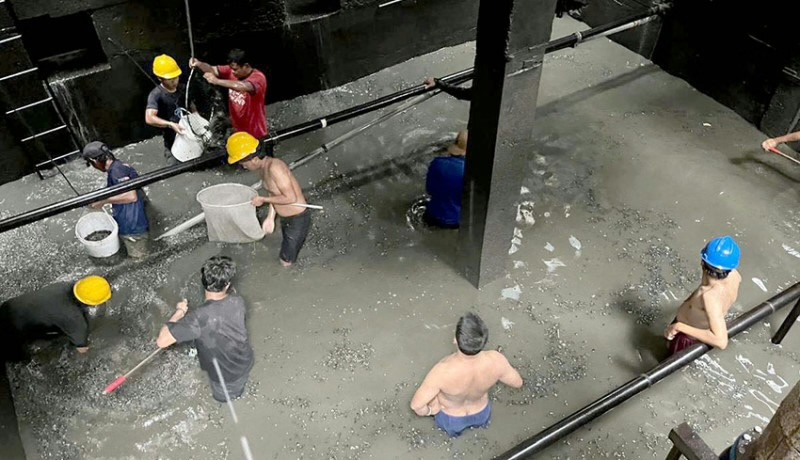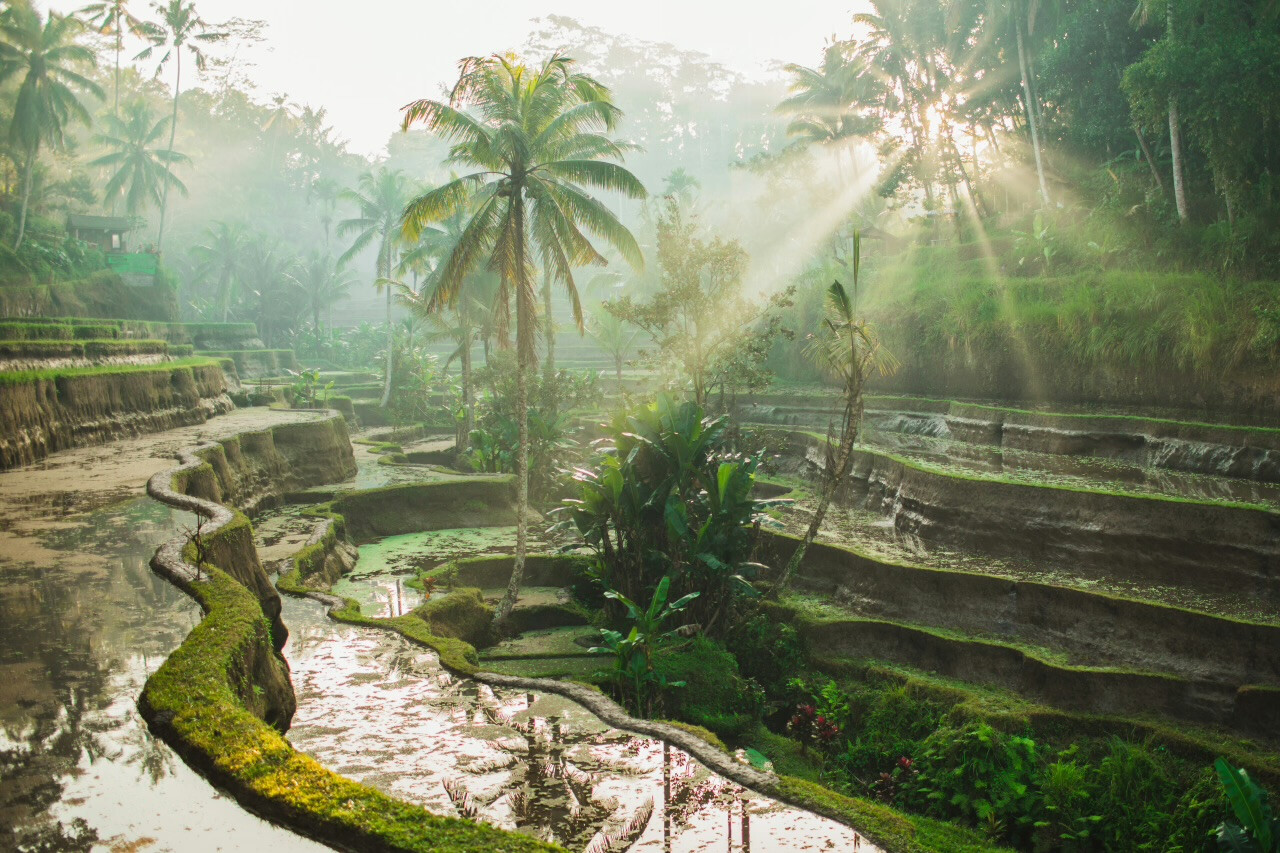Heavy rainfalls and floods in Badung district have disrupted water supply systems in key tourist areas of Bali. According to the head of the Tirta Mangutama company, Wayan Suyasa, debris — mainly plastic — has entered the treatment plants along with rainwater. It clogs filters and threatens to damage pumps, leading to a temporary halt in purification processes.

Residents and tourists in southern Badung have felt the disruptions most acutely. Water supply issues have been reported in Ungasan, Kutuh, Pecatu, and along Jalan Bypass Ngurah Rai stretching from Tuban district with Ngurah Rai Airport to Nusa Dua. Water is either almost unavailable or supplied intermittently on Jalan Uluwatu Simpangan, in Puri Gading, Taman Penta, Jalan Balangan, in the villages of Ungasan and Kutuh, Jalan Masuka, and other areas. There are also reports of worsening conditions in Sanur and coastal areas.
A temporary measure has been to supply water by tankers, but it is not enough to meet all needs. 'We are trying to provide people with water, but it's impossible to reach everyone. We apologize to customers who had to incur additional costs,' said Suyasa.
The water pipeline itself is not damaged; however, due to the high turbidity of the raw material, Tirta Mangutama is forced to use more reagents and add purification stages, which sharply increases the cost.
Water quality issues directly impact residents' health. Following the heavy rainfalls and floods in Denpasar, many residents began complaining of skin rashes, body aches, fatigue, and acute respiratory diseases. The Denpasar city health department promptly organized mobile medical check-ups in affected areas.
In addition to treating those affected, city authorities are conducting preventive measures: treating homes, disinfection, and educational discussions with the population about the risks of infections following floods.
No cases of severe illnesses associated with the flooding have been reported so far. At the same time, doctors remind residents of the need to take precautions: avoid contact with dirty water, treat wounds promptly, and seek medical help at the first signs of illness.
Tourists are still advised not to drink tap water, especially in the southern and central parts of the island. It is preferable to use bottled water or reusable bottles with filters. Some hotels and villas have their own purification systems, but it's better to check in advance.
Although the state of emergency in Bali officially ended on the evening of September 17, meteorologists forecast more rains in the coming days, effectively heralding the early arrival of the rainy season.
The head of Bali's Disaster Management Agency, I Gede Agung Tedja Bhusana Yadnya, warned: 'Extreme weather may repeat. We urge residents and visitors to remain vigilant and take precautions.'

You can add one right now!